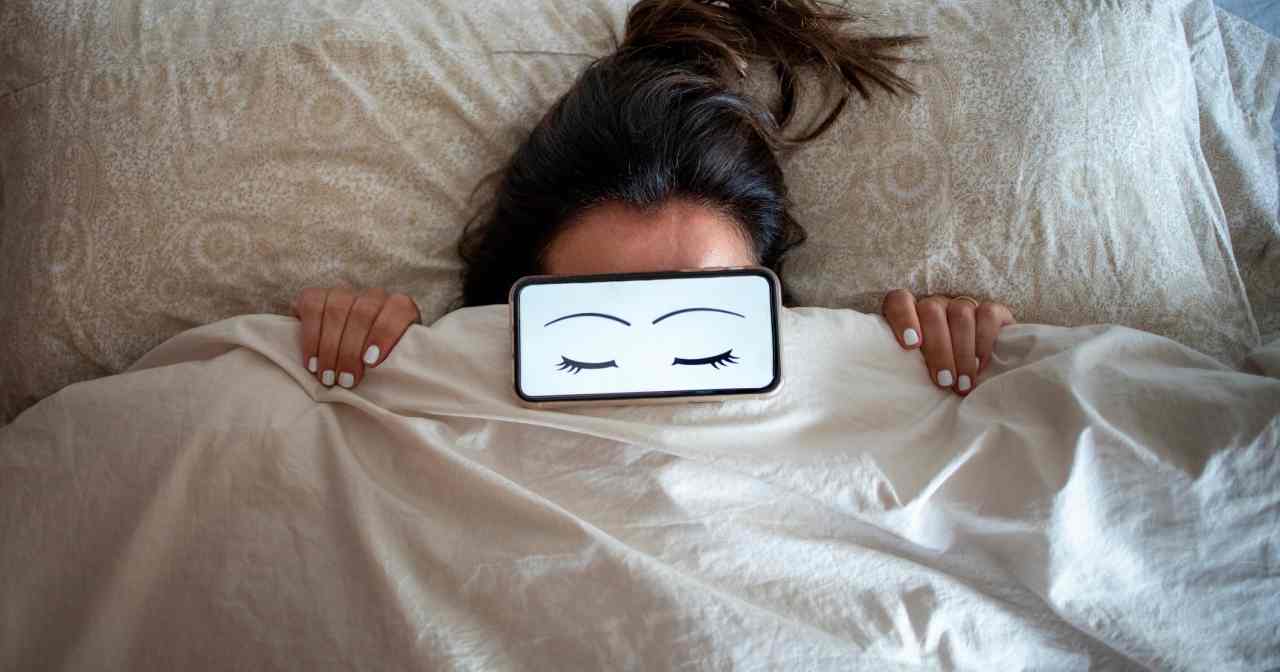
According to the National Sleep Foundation, adults between 18 and 65 years old should aim to get seven to nine hours of sleep each night for optimum recovery. For those 65 and older, the recommendation is seven to eight hours each night. Everyone knows sleep is essential for a healthy body and mind, so why aren’t we getting enough?
Past research suggests that about 1 in 3 Americans don’t catch enough zzz’s. Missing the mark can leave you tired for sure, but it also can affect your fitness progress.
Athletes know when it comes to workout recovery, developing a solid sleep schedule can be a nightmare, no pun intended. Sleep is so essential to building endurance, muscle and strength that just an hour or two missed may throw off training. Adequate sleep allows tired muscles to repair and regenerate properly between workouts. No sleep = no repair = weak performance.
“If you wonder why you’re not seeing changes in your body, one reason could be because of sleep,” says Nancy Jusino, NASM-CPT, PES.
If you’re up late tossing and turning, maybe even thinking about how much wonderful sleep you’re missing out on, here’s a few ways to ease your worries and send you to snooze town.
7 Strategies for Better Sleep
1. Put down your electronics. You probably already know this one, so why aren’t you doing it? “Don’t fall asleep with the phone in your hand [or your] tablet or TV on,” Jusino says.
Blue-light phones and tablets trigger your “be alert” brain chemicals. If possible, you should do better than just putting down your electronics. Put them in another room altogether! The National Sleep Foundation recommends cutting out electronic devices about 30 minutes before bedtime to give yourself time to wind down.
2. Set a bedtime. Bedtimes aren’t just for kids. Jusino says to do some experimenting to find out what time is ideal for you to get the recommended number of hours of sleep. She reminds us that it’s impossible to log a hardcore workout, go about the rest of your daily activities, then get to repeat the cycle with only three to five hours of sleep.
“The body doesn’t get a chance to recover, hindering you from making progress,” she adds.
So schedule your bedtime — and more important, stick to it.
3. Try a sound machine. Download a free sound and sleep app like Calm to set music, guided meditation or even nature sounds to soothe you to sleep. You can even set it to play for a specific period of time and then shut off after you’re already sleeping. The noise, whether it’s a rainstorm in the forest or just the sound of something nonspecific, should be just enough to drown out other distractions.
4. Limit late-night eating and snacking. If your body is working to break down and digest food, it is not in relaxation mode to catch some zzz’s. The Sleep Foundation recommends waiting three to four hours after eating before going to bed. This allows your body to digest your food optimally.
5. Implement a sleep ritual. You have a daily schedule, so why not consider having a sleep schedule, too? “Sleep is paramount to recovery — any type of recovery — because sleep affects nearly every tissue in our body,” says Keely Grand, MA, certified personal trainer and wellness specialist.
She explains that your internal organs are hard at work at night, too, so if you don’t get the right amount of sleep, they can’t do their work. Your body heals, decompresses and recovers from the day’s activities during sleep.
6. Create a relaxing environment. Relaxing before bed just makes good sense, but are your bedtime routine and sleeping space optimized for it?
“It could be yoga with a quick night routine that can be done in your pajamas, [relaxing scents like] lavender, a small cup of chamomile tea, or even a smart light that mimics the sun setting to help you relax,” Jusino says.
After you exhale from your day, you’ll be ready for sleep.
7. Meditate in the evening. While meditation often appears to entail simply sitting still and being quiet, the root of the practice — which can take many forms — is to concentrate and relax your mind.
“Meditation not only can help you release and let go of your day but also anything you are holding onto from your past,” Grand explains.
If you need a place to start, try downloading an app to guide you through it. Then you can just press play, let go of your day and sleep better.











